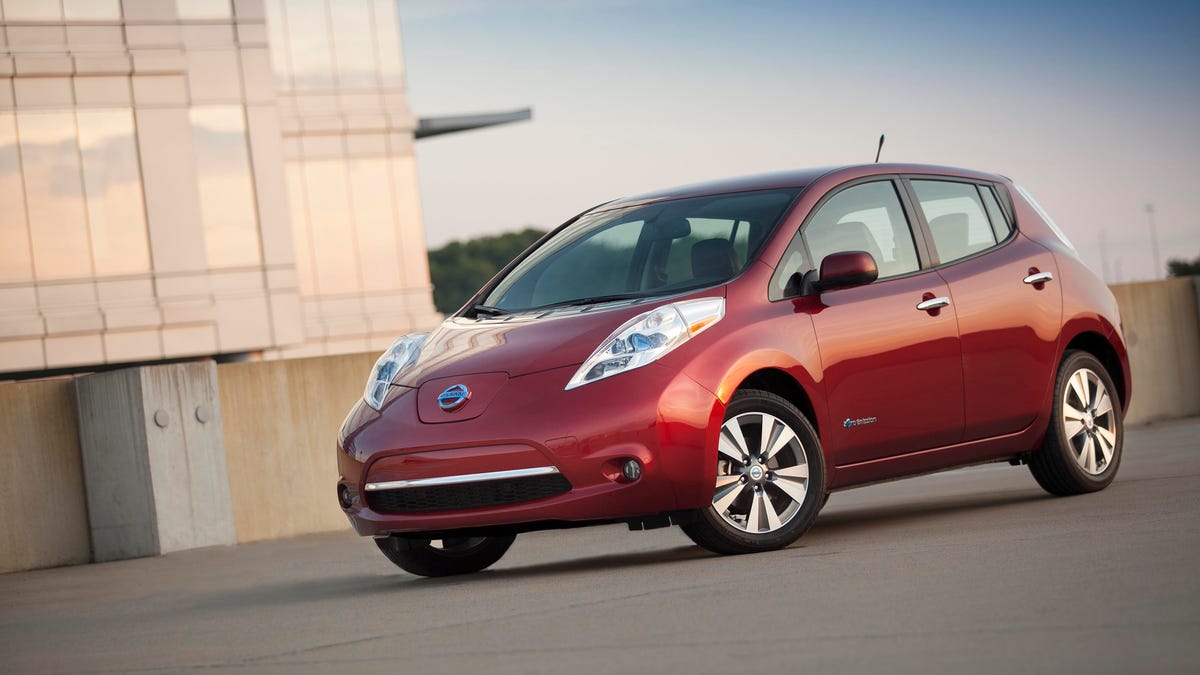Nissan won't build its own electric car batteries anymore
The automaker agreed to sell that side of its business to a Chinese investment firm.

Balancing every single task by oneself, instead of getting some help, can break a person down in record time. That's likely why Nissan has decided to step away from manufacturing batteries for its electric vehicles.
Nissan announced on Tuesday that it would sell its battery-manufacturing subsidiary, Automotive Energy Supply Corporation (AESC), to the Chinese investment firm GSR Capital. The exact sum of the transaction is unknown, as Nissan did not make that figure public in its press release.
AESC isn't a major player in the EV battery game, but GSR's investments could change that.
"This is a win-win for AESC and Nissan. It enables AESC to utilize GSR's wide networks and proactive investment to expand its customer base and further increase its competitiveness," said Hiroto Saikawa, president and CEO of Nissan, in a statement. "In turn, this will further enhance Nissan's EV competitiveness. AESC will remain a very important partner for Nissan as we deepen our focus on designing and producing market-leading electric vehicles."
Nissan only has a 51 percent stake in the company, so in order to sell the whole thing, it will first buy the minority stake from its partner, NEC. Both Nissan and NEC originally established AESC in 2007 for the purpose of manufacturing lithium-ion EV batteries for Nissan's electric vehicles.
Not only will GSR Capital get the company name, it will assume battery-manufacturing operations in Tennessee and England. It will also take control of engineering operations in Japan. Everyone working at those locations will stay employed, and the business will remain headquartered in Japan.
GSR sees the writing on the wall, and believes that it can help launch this battery operation into a major market player over the next decade or two. "We plan to further invest in R&D, expand existing production capacity in the US, UK and Japan, and also establish new facilities in China and Europe, enabling us to better serve customers around the world," said Sonny Wu, chairman of GSR Capital, in a statement.
It's not just GSR, either. Chinese companies are ramping up their efforts in this space. The Financial Times reports that Beijing asked domestic companies to double EV battery production by 2020, as subsidies have given way to a burgeoning EV market in its own borders. Demand from the rest of the world should keep those battery operations moving at full clip.

